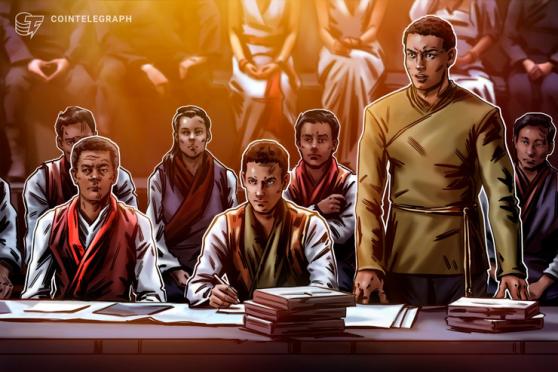Over the past few years, decentralized autonomous organizations (DAOs) have introduced a clear paradigm shift in blockchain governance. With their community decision-making and adherence to hardcoded rules, they have challenged the role of hierarchy and central authority that are present in modern organizations, especially as it pertains to business. Ideologically, DAOs have a lot in common with democracies: individuals holding an amount of a DAO’s specific token can allocate those tokens as votes on governance proposals. Once voting has concluded, the final outcome is executed autonomously by smart contracts.
In functional democracies, however, citizens elect representatives to legislate laws and govern society, and periodic elections and an independent judicial system help ensure that elected leaders work honestly toward a common interest. DAOs, especially those also functioning as business entities, often fail to implement and practice these systems of checks and balances. Consequently, many of them retain centralized or minority control, limit the breadth of decisions in which community members have a say, or suffer from uninformed and disorganized voting practices.
Continue Reading on Coin Telegraph
